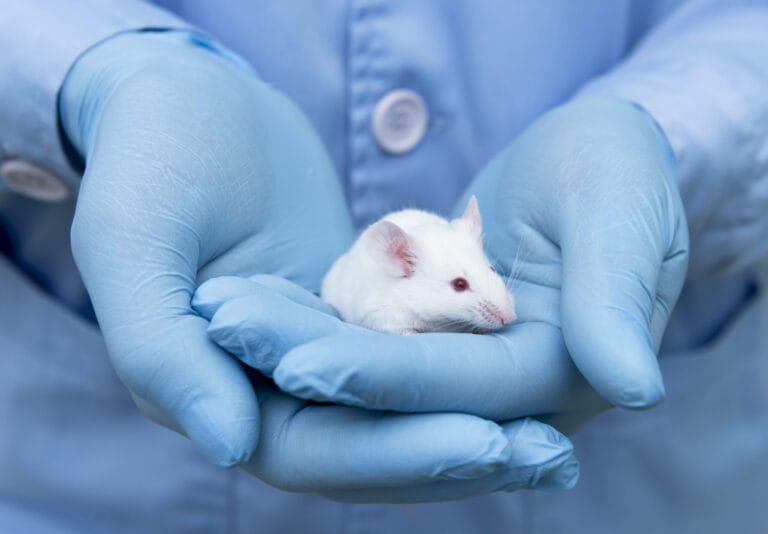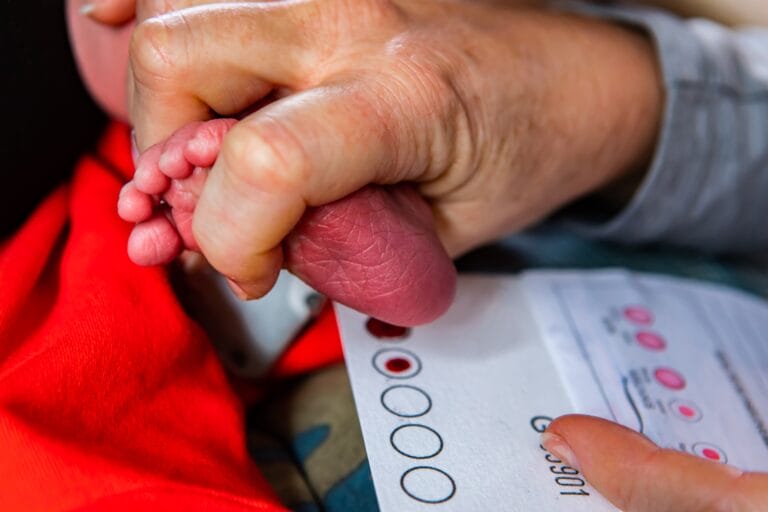Genomic Conversations
On this page you can find some of the big questions in genomics. These are areas that have no right or wrong answers. Scientists, policy makers, and members of the public have to weigh up the pros and cons and come to a subjective decision on how to proceed.
FILTERS:
CLEAR FILTERS




